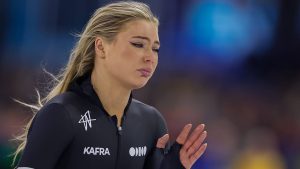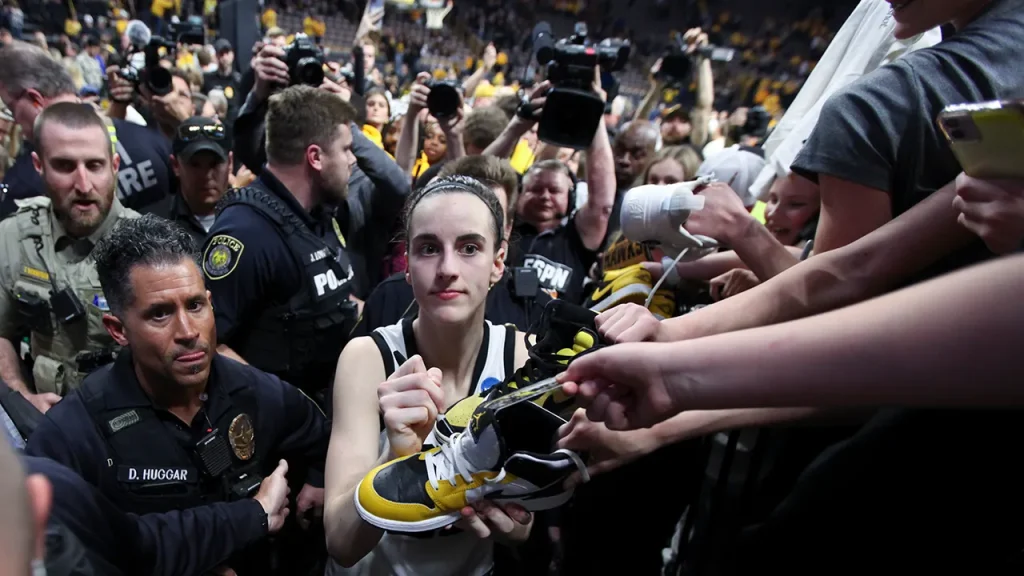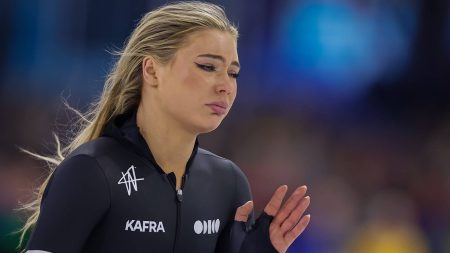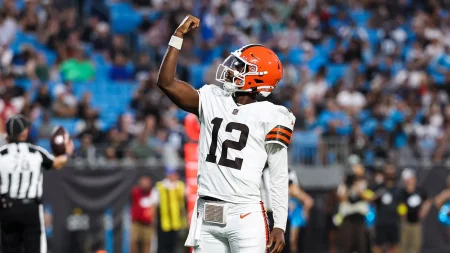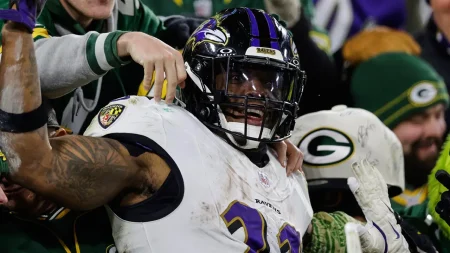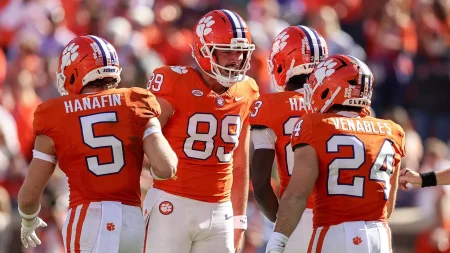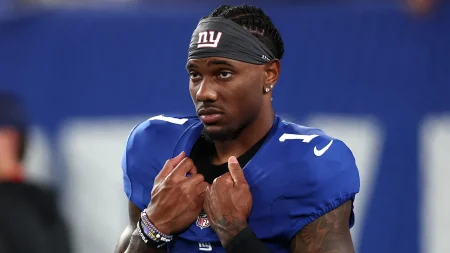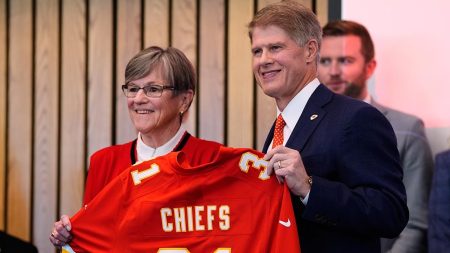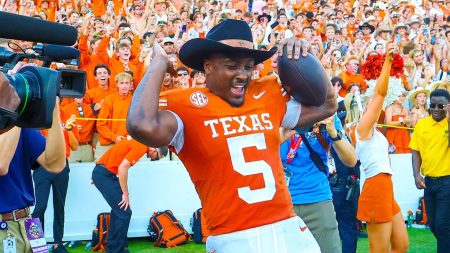The Iowa Hawkeyes women’s basketball team is navigating uncharted territory: a season without the iconic Caitlin Clark. After four record-shattering years, culminating in a national championship game appearance and numerous individual accolades, Clark’s departure to the WNBA has left a void both on the court and in the team’s leadership structure. While the Hawkeyes have managed a respectable 12-4 record overall and a No. 23 national ranking, their conference play, now intensified by the Big Ten’s expansion, has proven more challenging. A 2-3 start in conference games, including back-to-back losses, has exposed a vulnerability that head coach Jan Jensen attributes to the lack of seasoned leadership within the relatively young roster. This is a stark contrast to the Clark era, where her presence and performance often dictated the team’s success.
Jensen’s acknowledgment of the leadership deficit underscores the significant influence Clark wielded beyond her statistical dominance. The coach emphasizes the need for upperclassmen to step into leadership roles, recognizing that the current players are giving their all but lack the experience and guidance previously provided by Clark. The team is effectively rebuilding its identity and hierarchy, a process that requires time and development. The challenge lies in fostering leadership qualities within the existing roster while simultaneously competing in a highly competitive conference. The absence of a figure like Clark, capable of single-handedly shifting momentum and inspiring teammates, requires a more collective approach to leadership, a transition the Hawkeyes are currently grappling with.
Caitlin Clark’s impact on Iowa women’s basketball transcends her collegiate career. Her performance in the WNBA as a rookie has been nothing short of spectacular, setting multiple records and solidifying her status as a generational talent. Clark shattered the rookie scoring record, set a new benchmark for 3-pointers, and became the first rookie to achieve two triple-doubles, further demonstrating her unparalleled skillset. Perhaps even more impressively, Clark’s 337 assists not only topped the rookie charts but also surpassed the all-time single-season assist record across all players, showcasing her exceptional court vision and playmaking abilities. This seamless transition to the professional level underscores the unique talent Clark possesses and highlights the magnitude of her absence for the Hawkeyes.
In recognition of her monumental contributions to the program, the University of Iowa will retire Clark’s No. 22 jersey in a ceremony on February 2nd. The event, which will be broadcast on FOX, will honor Clark’s legacy and cement her place among the program’s all-time greats. This gesture signifies the profound impact Clark had on Iowa basketball, elevating the program to national prominence and inspiring a generation of aspiring athletes. The ceremony will undoubtedly be a celebration of her remarkable achievements and a testament to the indelible mark she left on the university and the sport.
Clark’s jersey retirement comes on the heels of her recognition as Time magazine’s Athlete of the Year, a testament to her exceptional talent and influence. The award, while largely celebrated, sparked some controversy, particularly from Washington Mystics owner Sheila Johnson, who questioned the decision to honor Clark individually rather than recognizing the entire WNBA. Johnson implied that racial bias might have played a role in the selection, adding another layer of complexity to the narrative surrounding Clark’s meteoric rise. The debate highlights the ongoing conversation about representation and recognition in women’s sports, with Clark’s individual achievement becoming a focal point for broader discussions about equity and inclusion.
The upcoming jersey retirement ceremony will serve as a poignant reminder of Clark’s unparalleled impact on Iowa women’s basketball. While her on-court brilliance is undeniable, her leadership qualities are what truly set her apart. The Hawkeyes are now tasked with navigating the post-Clark era, a challenge that requires cultivating leadership from within and fostering a new team dynamic. The team’s early struggles in conference play highlight the significant void left by Clark’s departure, underscoring the importance of developing new leaders who can guide the Hawkeyes through the challenging Big Ten landscape and beyond. As the season progresses, the focus will be on how the young Hawkeyes adapt and evolve in the absence of their former star, striving to maintain the program’s momentum and establish a new era of success.
